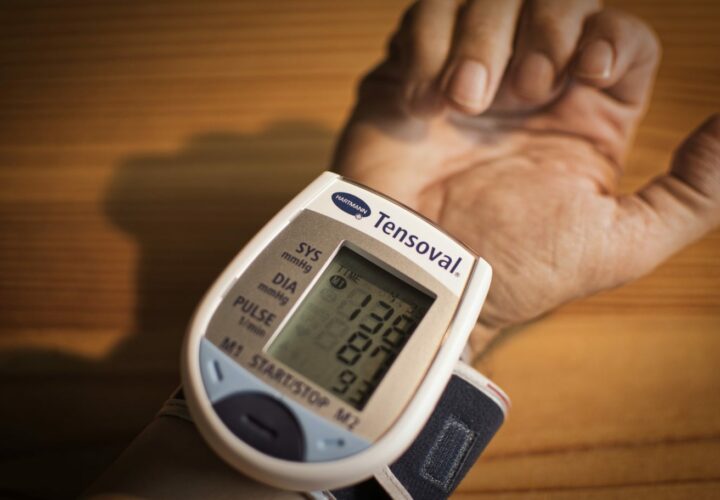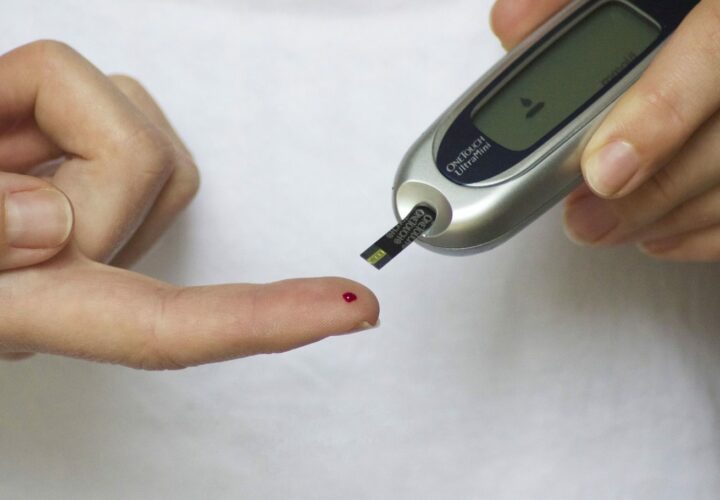Brain fog? Neurological researchers are probing the metabolic relationship between the brain and the thyroid.
When a patient goes into the doctor’s office with symptoms like brain fog, memory loss, or loss of focus, dementia is often near the top of the list of possible diagnoses. However, doctors usually do other tests to rule out any underlying conditions which could also contribute to their symptoms — like vitamin B12 deficiency, depression, or hypothyroidism.
Hypothyroidism is considered a potentially reversible cause of cognitive impairment, wherein treatment of the underlying thyroid dysfunction may resolve people’s symptoms.
A 2021 study published in Clinical Endocrinology identified a possible link between hypothyroidism and cognitive function that goes beyond this temporary, reversible effect: Researchers have found that people with hypothyroidism may be more likely to develop dementia than those without.
Alzheimer’s researchers have long known that certain metabolic factors — including diabetes, high blood pressure, high cholesterol, and other cardiovascular diseases — are linked to higher dementia risk. Hypothyroidism affects metabolism too: It is a state of decreased thyroid function where the body does not produce enough of its vital hormones which keep metabolism in check.
On blood tests, thyroid function can be reflected by Thyroid Stimulating Hormone (TSH) levels, and serum free thyroxine (fT4) levels – the active thyroid hormone. Patients with hypothyroidism typically have higher TSH levels and lower fT4 levels.
In the recent study, researchers assessed participants for thyroid function at interval follow-ups by measuring participants’ TSH levels. The thyroid status of these participants was then followed-up in future appointments, where their thyroid function was correlated with whether or not the participant received a dementia diagnosis during study period.
The scientists found that hypothyroidism appeared to increase the risk of dementia. The length of time a person lived with hypothyroidism also seemed to heighten dementia risk.
When adjusting for age and comorbidities, however, the link between hypothyroidism and the development of dementia was less statistically clear.
Previous studies have looked into the link between thyroid function and dementia risk, both in patients with increased and decreased thyroid function. In one study of 69 patients with normal thyroid function, researchers measured the levels of beta-amyloid — a hallmark of Alzheimer’s — and compared individuals with higher levels of TSH versus patients with a lower level of TSH. After researchers accounted for factors such as age, sex, education, they found that the group with higher levels of TSH also had higher levels of this Alzheimer’s protein biomarker in their brains. On the other hand, higher fT4 levels were found to have a negative association with beta-amyloid build-up in the brain.
Another study published in 2017 on 148 participants with normal thyroid function found that lower fT4 levels were associated with higher beta-amyloid deposition, even after controlling for variables such as ApoE genotype, age and gender. Additionally, higher TSH levels were associated with worse glucose metabolism in specific portions of the brain.
Despite this growing evidence of a potential link between thyroid function and dementia, the studies also had their limitations, and researchers say that further studies are still needed in order to fully understand the possible correlation or causation link between thyroid function and Alzheimer’s, as well as other forms of dementia — especially given that the pathology of dementia is yet to be completely understood.




I’m a caregiver for an Alzheimer’s client and a client with dementia. So reading up on these diseases I find out diabetes hypothyroid and high blood pressure and are precursors to these diseases. I have all three. I’m 68 and overweight and very nervous. I’ve tried for years to lose weight, my doctor believes in tough love. What do I do?
My brother has Alzheimer’s and dementia and Has hypo thyroid. If there are any studies he would be willing to part of it. He only 63 and would love to help prevent others from having Alzheimer’s. I am his sister Wendy. My email is wenjo120@aol.com.